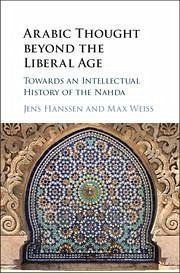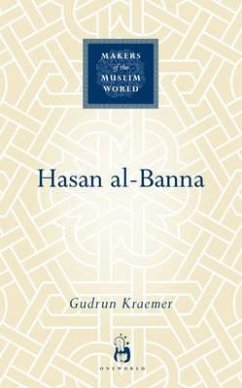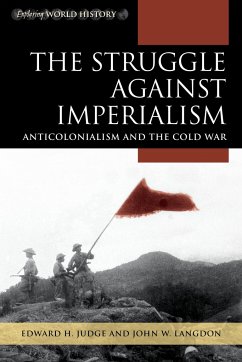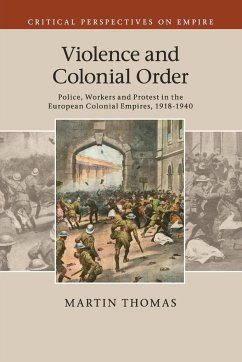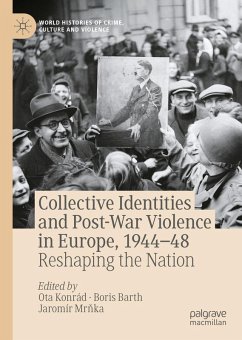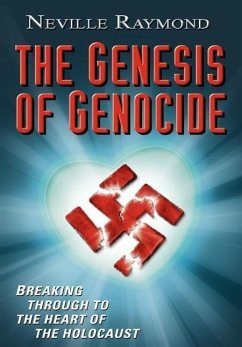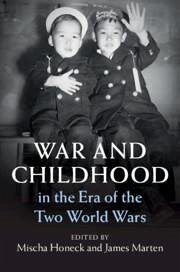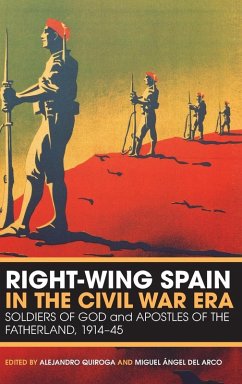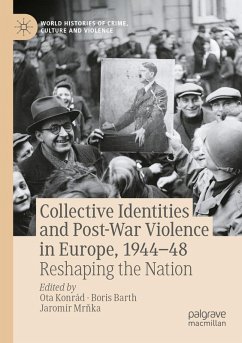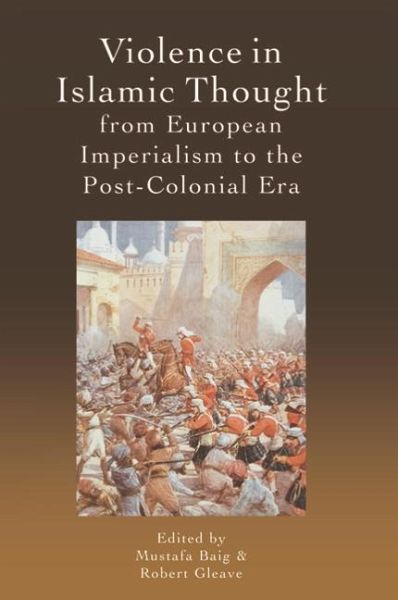
Violence in Islamic Thought from European Imperialism to the Post-Colonial Era
Versandkostenfrei!
Versandfertig in über 4 Wochen
138,99 €
inkl. MwSt.
Weitere Ausgaben:

PAYBACK Punkte
69 °P sammeln!
Explores Muslim attitudes towards violence from the nineteenth century to the present day Muslim attitudes toward violence have been reshaped in light of the colonial context since the 18th and 19th centuries, and in response to regional and world-changing events of the contemporary period. This volume shows the diversity of approaches to violence in Islamic thought, avoiding the limiting characterisations of Islam being inherently'violent' or 'peaceful'. It shows how ideas of 'justified violence' - grounded in Islamic theological and juristic traditions - re-occur throughout history, up to th...
Explores Muslim attitudes towards violence from the nineteenth century to the present day Muslim attitudes toward violence have been reshaped in light of the colonial context since the 18th and 19th centuries, and in response to regional and world-changing events of the contemporary period. This volume shows the diversity of approaches to violence in Islamic thought, avoiding the limiting characterisations of Islam being inherently'violent' or 'peaceful'. It shows how ideas of 'justified violence' - grounded in Islamic theological and juristic traditions - re-occur throughout history, up to the contemporary period. Chapters on earlier events provide context for contemporary debates on violence, showing how traditional legal and theological ideas (such as the sovereignty of God's law and peace treaties) are used to both legitimise and de-legitimise violence. This is the final volume in the Violence in Islamic Thought trilogy. Taken together the 3 books cover key aspects of violence in Islamic thought from the earliest time to the present day, mapping a trajectory of thinking about violence over fourteen centuries of Islamic history. Key Features . Examines perceptions and expressions of violence in a wide range of contexts in the modern period: Algeria, Afghanistan, Egypt, India, Iraq, Israel, Libya, Nigeria, Palestine, Syria, Tunisia and Yemen . Shows the nuances behind headline-making events and organisations such as al-Qaeda, the Taliban, Islamic State, Salafi jihadism, the Mahdi Army, Hamas, Hizbullah, and the Arab Spring . Engages with key figures including Fazl-i ¿aqq Khayrabadi, Ahmad Riza Khan, Muqtadá al-¿adr, Mu¿ammad al-Maqdisi, Ayman al-¿awahiri and Turki al-Bin¿Ali . Enables a more informed understanding of the nature of violence in the modern period, in the Muslim world and beyond Mustafa Baig is a Lecturer in Islamic Studies at the University of Exeter. Robert Gleave is Professor of Arabic Studies at the University of Exeter. He has co-edited all three volumes in the Violence in Islamic Thought series (including From the Qur'an to the Mongols, EUP, 2015 and From the Mongols to European Imperialism, EUP, 2018). He is also the author of Islam and Literalism (EUP, 2012).




